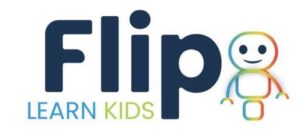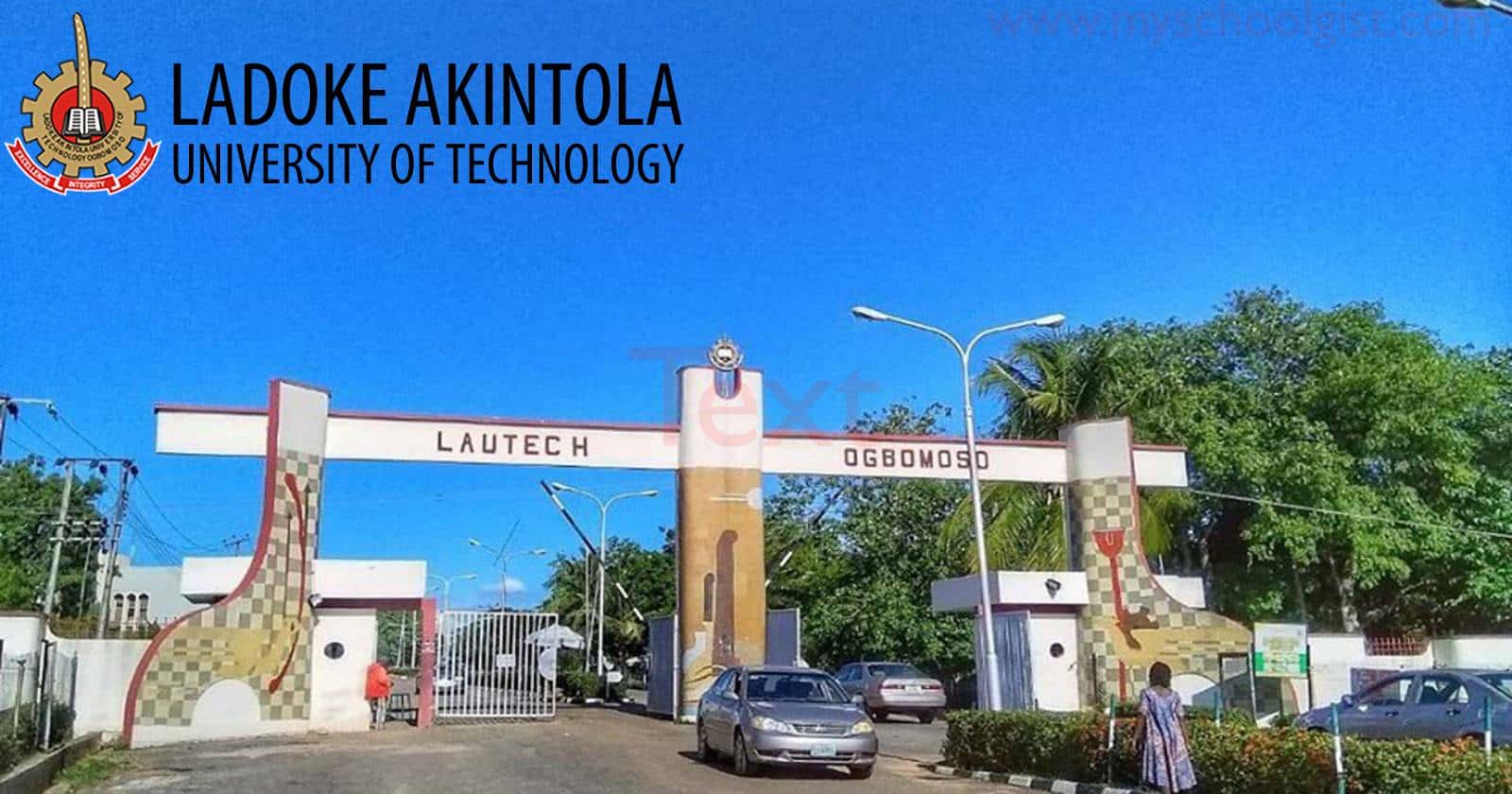Dive Brief:
- Over 2.1 million educators using Turnitin, which provides plagiarism detection and prevention tools, will be able to spot writing produced by artificial intelligence tools like ChatGPT in students’ assignments, the company announced.
- The new feature, which launches Tuesday, has a 98% confidence rate for detecting AI writing tools and will be integrated into current Turnitin systems including Turnitin Feedback Studio (TFS), TFS with Originality, Turnitin Originality, Turnitin Similarity, Simcheck, Originality Check and Originality Check+. Additionally, the AI detection capability will be accessible through learning management systems.
- The feature is being released at a time when educators are calling for accurate AI detection services, said Turnitin CEO Chris Caren in a statement. The company began developing the AI writing detection capabilities about two years before the release of ChatGPT.
Dive Insight:
A noticeable number of students and teachers alike are already embracing the use of ChatGPT in their daily work.
Over half — 51% — of teachers say they are using ChatGPT for their jobs, according to a survey of 1,002 K-12 educators by the Walton Family Foundation.
In daily work, some teachers are also beginning to integrate ChatGPT into their own workflow, the Walton Family Foundation survey found. For instance, 30% are using it for lesson planning and developing creative ideas for their classes. Some 27% said they’re using it for background knowledge when building lesson plans.
Meanwhile, a third of 1,000 students ages 12-17 polled said they’ve used ChatGPT for school, the Walton Foundation survey found. Among younger students, 12- to 14-year-olds in particular, the share rose even higher — 47%.
But amid fears of plagiarism, some schools and colleges have leapt to block the AI tool on their networks and devices. Just as ChatGPT emerged into the public eye, the nation’s largest school system, New York City Public Schools, blocked access to the AI chatbot following requests from schools.
Turnitin’s integration to seamlessly detect AI on such a wide scale may provide some relief to concerns that students will over-rely on generative AI for their schoolwork.
The company added that it will continue to fine tune its AI detection software’s accuracy in the near future.
“Turnitin’s technology has high accuracy and low false positive rates when detecting AI-generated text in student writing,” said Annie Chechitelli, chief product officer at Turnitin, in a statement. “To maintain a less than one percent false positive rate, we only flag something when we are 98 percent sure it is written by AI based on data that was collected and verified in our controlled lab environment.”
Beyond plagiarism concerns, some school administrators are also wary of ChatGPT’s elusive student data privacy standards and have suggested that OpenAI, the company that runs the AI chatbot, will share its information with anyone. Unless required by law, OpenAI says on its website that it may share personal information to third parties, such as vendors, without notifying users.
But other educators still see value in using the AI tool in classrooms and say blocking access to ChatGPT will become an equity issue for students.






Leave a Reply